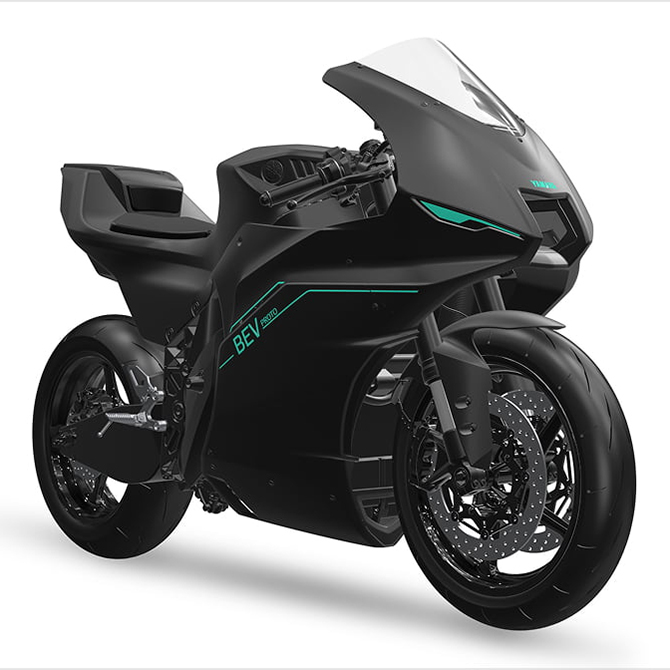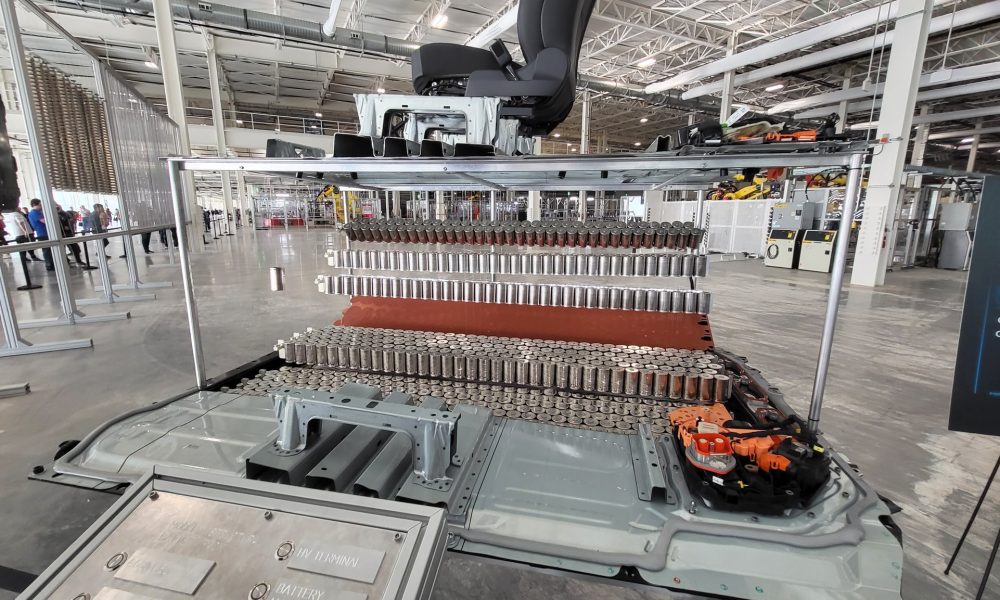The automotive world is evolving fast. Today’s car buyers aren’t just looking at mileage or engine capacity—they’re also eyeing features like voice commands, real-time navigation, automatic climate control, and app-based remote access. The global smart car market is expected to hit over $225 billion by 2027, driven by consumer demand for convenience, safety, and connectivity.
In India, this transformation is visible across all segments—from budget hatchbacks to mid-range SUVs. Yet, not everyone can afford to buy the latest model just for tech perks. The good news? You don’t need to buy a new vehicle to enjoy smart car benefits. With the right accessories and upgrades, your existing car—be it a humble Alto or an old Swift—can feel as high-tech as today’s top models.
From plug-and-play infotainment systems to GPS trackers and advanced driver assistance tools, modern upgrades are affordable, easy to install, and widely available. This guide will walk you through popular cars with smart features, low-cost upgrades you can do yourself, ownership tips, and where to buy quality accessories.
Whether you’re a daily commuter, a long-drive enthusiast, or just someone who wants convenience on a budget—this article will help you upgrade your regular car into a smart car—one device at a time.
5 Popular Cars With Built-In Smart Accessories
Below is the list of 5 cars with smart accessories that are must-haves in 2025:
- Hyundai i20 N Line: Wireless charging, connected car tech, voice-enabled commands.
- Tata Nexon EV: Remote AC control, ZConnect app, OTA updates.
- Kia Sonet: Smart Pure Air Purifier, UVO connectivity with 58 features.
- MG Astor: AI-powered assistant, ADAS level 2, lane assist.
- Maruti Suzuki Baleno (2023+): Head-up display, 360° camera, Suzuki Connect app.
Let’s learn in detail about these cars and their highlight features that transform your ride into a tech-savvy wonder.
1. Hyundai i20 N Line – Sporty Hatch with Connected Intelligence
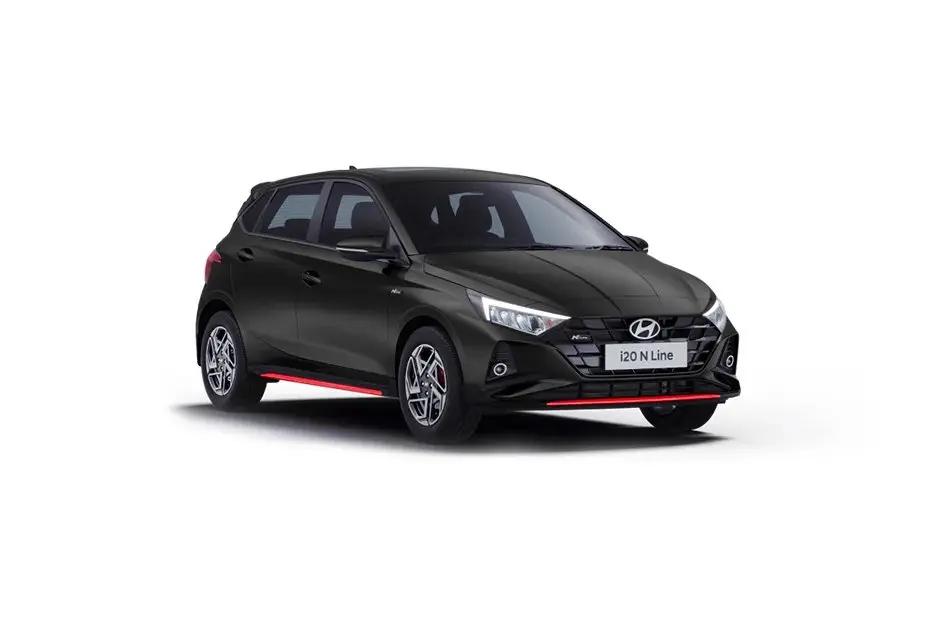
The Hyundai i20 N Line stands out in 2025 as a tech-savvy premium hatchback with advanced connected features. It comes equipped with wireless charging, a convenience that eliminates tangled cables and keeps your smartphone powered on the go. The BlueLink connected car suite adds remote engine start/stop, location tracking, geo-fencing, and stolen vehicle immobilization—all accessible via smartphone.
Voice-enabled controls enhance driving safety and ease of use, allowing you to operate the infotainment system or make calls hands-free. With sporty aesthetics and integrated technology, the i20 N Line is a favorite among young buyers looking for both performance and modern features. Its combination of affordable pricing and smart convenience makes it a benchmark in the under-₹13 lakh segment.
2. Tata Nexon EV – Futuristic Tech for Eco-Conscious Drivers
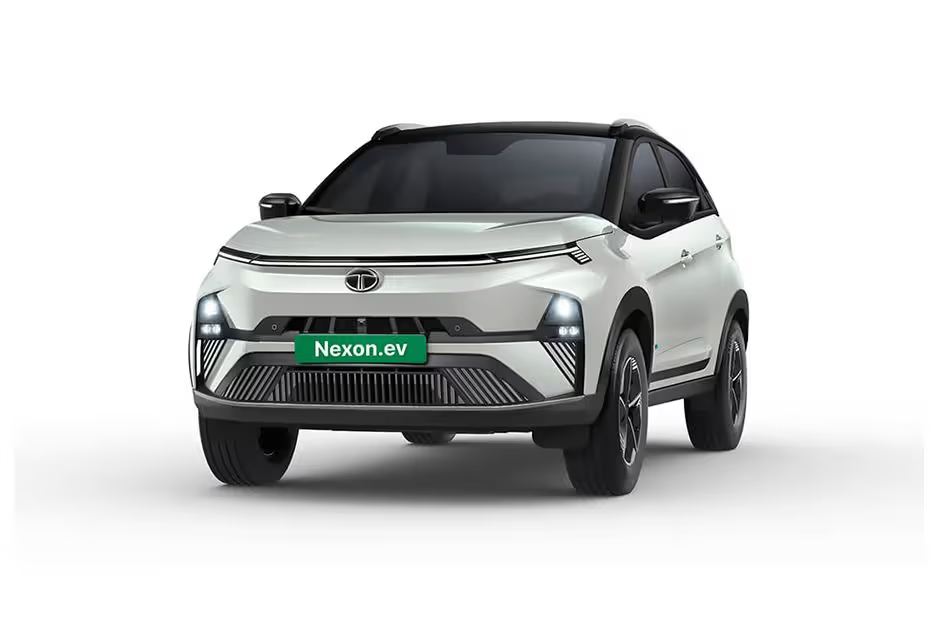
Tata Nexon EV has emerged as one of India’s top-selling electric SUVs, thanks to its blend of green mobility and smart features. The ZConnect app offers over 60 connected car features like remote AC control, charging status, and vehicle diagnostics—all from your smartphone.
One of the most appreciated features in 2025 is OTA (Over-the-Air) updates, allowing Tata to push software enhancements directly to your car—just like updating your phone. Nexon EV also includes smartwatch connectivity, remote lock/unlock, and climate control scheduling.
In a world increasingly driven by sustainability and technology, the Nexon EV brings futuristic features to the mainstream, making it a go-to option for tech-savvy buyers looking for zero-emission convenience with cutting-edge smart integration.
3. Kia Sonet – Compact SUV with Big-Tech Appeal
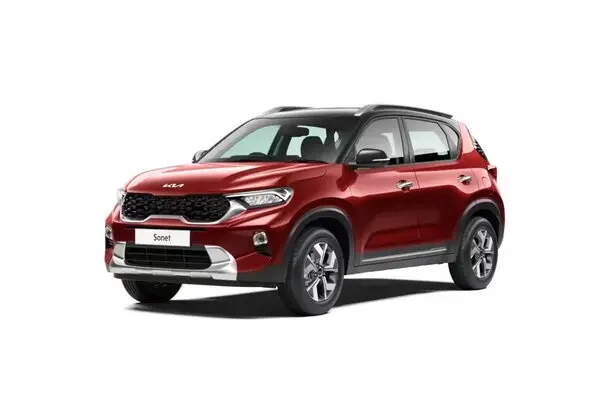
The Kia Sonet continues to impress in 2025 with its UVO Connect system, now upgraded with 58+ smart features including live vehicle tracking, valet mode, remote start/stop, and smart diagnostics. It also offers voice commands that control climate settings, navigation, and more.
What makes the Sonet unique is its built-in Smart Pure Air Purifier with virus and pollution control, a vital feature in India’s urban environments. Combined with wireless charging and ventilated front seats, it delivers premium comfort at an accessible price point.
Kia’s focus on tech-driven comfort and safety makes the Sonet a hit among urban professionals and small families who want a smart vehicle that doesn’t compromise on performance or aesthetics.
You may also like: 8 Best Compact Cars for New Drivers in India: Easy to Drive, Easy to Park
4. MG Astor – AI-First SUV with Autonomous-Like Features
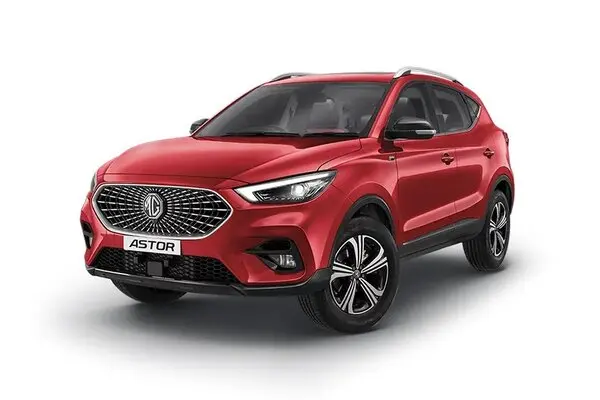
MG Astor is India’s first SUV with a personal AI assistant—a talking dashboard bot that helps you control music, navigation, and vehicle functions via voice. In 2025, this feature continues to draw tech-loving consumers.
But the real highlight is its ADAS Level 2 suite, including lane-keep assist, adaptive cruise control, forward collision warning, and auto emergency braking—making daily driving safer and semi-autonomous. It also supports connected tech like remote vehicle control, geo-fencing, and real-time car health monitoring.
MG’s consistent OTA software updates ensure the Astor stays future-ready. It has quickly become popular among new-age buyers who want luxury-level features at a mid-range price, redefining what smart cars can offer in India.
5. Maruti Suzuki Baleno (2023+) – Affordable Hatch with Premium Intelligence
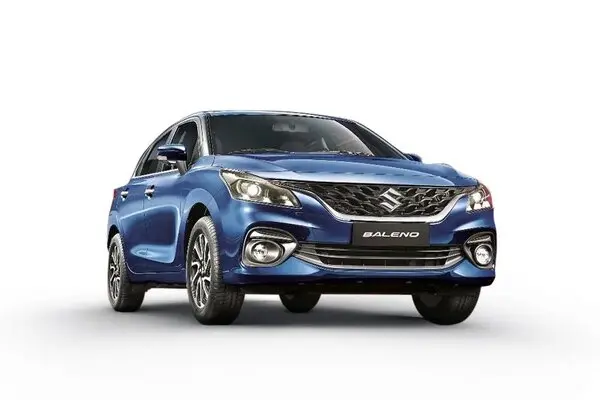
The latest Maruti Suzuki Baleno packs several premium smart features while maintaining its value-for-money appeal. The Head-Up Display (HUD) projects vital driving data onto the windshield, reducing distractions. Another standout feature is the 360-degree camera system, which aids in tight parking spots—especially helpful in crowded city areas.
Through the Suzuki Connect app, owners can access real-time car tracking, driving behavior reports, and remote operations like door lock/unlock and headlight activation.
Maruti’s car service ecosystem ensures these features are well-supported, making the Baleno 2023+ a popular option among both young professionals and families. In 2025, it’s among the most affordable cars with smart tech, proving that intelligent driving doesn’t have to break the bank.
7 Budget-Friendly Upgrades to Make Your Car Smart
Here is a list of the seven best budget-friendly upgrades to make your car smart:
- Smart touchscreen infotainment systems (Android Auto/Apple CarPlay)
- Reverse camera with dynamic guidelines
- TPMS (Tyre Pressure Monitoring System)
- Dash cams with Wi-Fi/GPS
- OBD II scanner for real-time diagnostics
- Bluetooth-enabled car trackers and anti-theft systems
- Alexa/Google Assistant integration for voice commands
The following section details each of these upgrades with its relevant pros and cons. Read on carefully and choose each one of them according to your comfort and needs.
1. Smart Touchscreen Infotainment Systems (Android Auto / Apple CarPlay)
Upgrading your car with a smart infotainment system adds modern convenience and connectivity. These systems enable Android Auto or Apple CarPlay, letting you mirror your phone’s screen for navigation (like Google Maps), music streaming, hands-free calls, and even messaging—all while keeping your hands on the wheel.
Pros:
- Seamless smartphone integration.
- Access to navigation, voice assistants, and real-time traffic updates.
- Safer communication with hands-free functionality.
Cons:
- Installation may require modifying the dashboard.
- Higher-end units can be expensive if not chosen wisely.
Many systems are now available under ₹10,000–₹20,000, depending on screen size and brand (Sony, Blaupunkt, Pioneer). This upgrade instantly adds “smart” functionality, improving both entertainment and safety for daily drives.
2. Reverse Camera with Dynamic Guidelines
A reverse parking camera with dynamic guidelines is a smart safety tool that visually guides your parking trajectory on-screen. It is especially useful in tight urban spaces or for new drivers who lack parking confidence.
Pros:
- Prevents collisions with objects and pedestrians.
- Adds convenience and safety during reverse parking.
- Available with night vision or wide-angle lenses.
Cons:
- Requires a screen (infotainment display) for video output.
- Cheap aftermarket versions may have poor video quality.
Most basic models cost between ₹2,000 to ₹5,000. If paired with a touchscreen system, it creates a seamless parking aid. For smart safety on a budget, a reverse camera is one of the most practical add-ons.
3. TPMS (Tyre Pressure Monitoring System)
TPMS sensors monitor real-time tyre pressure and temperature, alerting you to leaks or punctures before they cause trouble. They’re especially helpful on highways and long trips.
Pros:
- Prevents tyre blowouts and increases fuel efficiency.
- Helps prolong tyre life.
- Easy to install (external or internal sensors available).
Cons:
- External sensors may get stolen or damaged.
- Internal sensors are more accurate but costlier and harder to install.
Aftermarket TPMS kits start at ₹2,500 and sync with a smartphone or display. For smart car owners, TPMS ensures safer and more efficient driving with minimal investment.

4. Dash Cams with Wi-Fi and GPS
A dashboard camera records everything in front of your vehicle, acting as an eyewitness in case of accidents, theft, or insurance disputes. Premium models come with Wi-Fi for smartphone syncing and GPS for location tracking.
Pros:
- Provides video proof in case of accidents or road disputes.
- Useful for monitoring valet drivers or parking incidents.
- GPS versions offer location data and speed tracking.
Cons:
- Continuous recording may drain power if not hardwired properly.
- Requires a memory card and occasional formatting.
Dash cams range from ₹3,000 to ₹10,000. They’re a must-have for modern drivers who want smart surveillance and peace of mind on the road.
5. OBD II Scanner for Real-Time Diagnostics
An OBD-II scanner plugs into your car’s onboard diagnostics port and provides real-time insights like fuel efficiency, engine faults, or coolant temperature—all on your smartphone.
Pros:
- Identify engine issues before they become costly repairs.
- Tracks driving habits for fuel-saving tips.
- Many models support Bluetooth pairing with apps.
Cons:
- Needs basic understanding of vehicle codes.
- Some features may be locked on cheaper scanners.
Available from ₹1,000 to ₹3,500, OBD-II scanners make regular cars intelligent and self-diagnosing, helping owners avoid unnecessary garage visits.
6. Bluetooth-Enabled Car Trackers and Anti-Theft Systems
Smart GPS trackers with Bluetooth let you track your car’s live location, set geo-fences, and get alerts if your car is moved without permission. Some versions even immobilize the engine remotely.
Pros:
- Enhances theft protection with real-time alerts.
- Allows vehicle sharing with tracking for fleet or family use.
- Compatible with apps like LocoNav, CarDekho Drive Assist, etc.
Cons:
- Requires a mobile network (SIM) in some models.
- Initial setup and subscription fees for premium features.
Starting from ₹2,000, these systems add smart security to any vehicle, giving peace of mind whether parked at home or outstation.
7. Alexa / Google Assistant Integration for Voice Commands
With a simple Bluetooth-powered device or smart infotainment system, you can integrate Alexa or Google Assistant into your car. This lets you control music, navigation, reminders, and even home devices while driving.
Pros:
- Hands-free convenience for multitasking on the road.
- Compatible with Android Auto/Apple CarPlay and aftermarket devices.
- Enhances driving safety through voice-based commands.
Cons:
- May need internet/data access.
- Limited offline voice command functionality.
Devices like Amazon Echo Auto or compatible car infotainment units start from ₹2,500 onwards. It’s a simple yet effective way to “talk” to your car and unlock smart automation on a budget.
Benefits of Upgrading Your Regular Car into a Smart Car
Enhanced Safety and Driving Convenience
Smart upgrades such as TPMS, reverse cameras, dash cams, and OBD scanners significantly enhance safety. Features like tyre pressure alerts, engine health checks, and visual parking aids reduce the chances of road mishaps and help maintain your car proactively.
Simplified Navigation and Connectivity
Upgrading to a smart infotainment system with Android Auto or Apple CarPlay transforms your driving experience. Accessing real-time traffic updates, voice commands, and hands-free calls or texts reduces distraction and boosts navigation ease.
Improved Entertainment and Comfort
Modern touchscreens, smart audio systems, and voice assistants like Alexa or Google make long drives more enjoyable. Passengers can control music, stream content, or navigate seamlessly—offering a premium experience even in budget cars.
Boost in Resale Value
Smart cars attract better resale value. When you upgrade your regular car into a smart car, the added features make your vehicle more desirable in the second-hand market. Buyers are increasingly willing to pay more for tech-enhanced convenience.
Cost-Effective Alternative to Buying a New Car
Instead of spending ₹8–15 lakh on a new connected vehicle, you can install essential smart upgrades under ₹50,000. This offers a practical and affordable path for those wanting advanced features without the financial burden of a new car.
Where to Buy and Install These Smart Car Upgrades
Online Marketplaces: Convenience & Deals
E-commerce sites like Amazon, Flipkart, CarHatke, and GoMechanic offer a wide range of smart accessories—from infotainment systems to TPMS kits—at competitive prices. You also get user reviews, warranty details, and easy returns. These platforms are ideal for budget-conscious buyers seeking verified brands and seasonal offers.
Authorized Auto Accessory Stores
If you’re unsure about DIY installations, visiting an authorized accessory shop is wise. These stores often stock genuine, vehicle-compatible parts and offer professional installation. Many authorized showrooms have their own accessory divisions with certified products tailored for your car model.
Why Professional Installation Matters
Smart upgrades like infotainment units, OBD-II scanners, or reverse cameras require proper integration with your car’s electricals. Poor installation can lead to malfunctioning, electrical issues, or warranty voiding. Trained technicians ensure compatibility, secure fitting, and optimal functioning of the devices.
Warranty and After-Sales Support
Always check if the accessory comes with a manufacturer or installer warranty. Some products offer 6–12 months of coverage, especially if purchased from premium brands or official partners. Reliable service support can save time and money if an issue arises.
Pro Tip: To upgrade your regular car into a smart car seamlessly, always prioritize installation quality, brand trust, and warranty support over flashy discounts.
Ownership Tips After Upgrading Your Car with Smart Features
Regular Firmware and App Updates
Just like smartphones, smart car gadgets also need updates. Whether it’s your infotainment system, dash cam, or GPS tracker, keeping firmware current improves performance, fixes bugs, and may unlock new features. Use official companion apps or visit the manufacturer’s website periodically.
Maintain and Protect Smart Accessories
Dust, heat, and moisture can impact the longevity of electronics in vehicles. Use screen guards on infotainment units, check wiring for wear, and ensure devices like TPMS sensors or OBD scanners are properly mounted and protected from elements.
Clean screens and lens of cameras monthly.
Avoid overcharging connected devices.
Secure dash cams with adhesive mounts or professional brackets.
Update Car Insurance to Cover Smart Accessories
If you’ve invested over ₹10,000 in upgrades, consider informing your insurance provider. Most insurers offer optional coverage for accessories. Failing to declare them could result in claim rejection during theft or accident settlement.
Driving Smart Also Means Being Smart About Maintenance
Smart cars may still need regular checkups. Ensure your battery is in good condition to support added electronics. Avoid overloading the system with too many gadgets drawing power from a single outlet.
Smart Car Upgrade Summary Table
Take a quick glance at the table below and learn how to upgrade your regular car into a smart car.
| Smart Upgrade | Key Benefits | Approx. Cost (₹) | Installation Tip |
|---|---|---|---|
| Smart Infotainment System (Android Auto / Apple CarPlay) | Hands-free navigation, music, calls, and reverse cam support | 10,000–25,000 | Professional fitment needed for wiring & screen mount |
| Reverse Camera with Dynamic Guidelines | Safer parking and reversing | 3,000–7,000 | Install on the rear bumper with the dashboard display link |
| TPMS (Tyre Pressure Monitoring System) | Real-time tyre health alerts | 3,000–5,000 | DIY plug-in sensors are available, or internal sensor installation |
| Dash Cam with Wi-Fi/GPS | Accident recording, parking security | 4,000–10,000 | Mount on the windshield; it needs a constant power supply |
| OBD-II Scanner | Live engine diagnostics, mileage, and alerts | 1,000–3,000 | Plug into the OBD port near the steering column |
| Bluetooth Car Tracker & Anti-Theft Device | Real-time location, engine lock, theft alerts | 2,000–5,000 | Needs a SIM card, hidden installation under the dashboard |
| Alexa/Google Assistant Integration | Voice-controlled commands for music, calls, and info | 2,500–6,000 | Use with infotainment or a smart charger adapter |
Upgrade Your Regular Car into a Smart Car: 7 Easy Tech Hacks for a Smarter Drive
Upgrading your regular car into a smart car is no longer a luxury—it’s a smart financial move. With the growing availability of budget-friendly car tech, you can now enjoy features like voice control, live navigation, safety alerts, and entertainment systems without spending lakhs on a new vehicle. Whether it’s a reverse camera, TPMS, or an Android Auto touchscreen, each upgrade adds safety, comfort, and convenience to your daily drive.
Instead of replacing your well-running vehicle, consider modernizing it to meet today’s standards. These smart additions not only make your car more enjoyable but also increase resale value and functionality over time.
Remember, you don’t have to do it all at once—start small, drive smarter.
Upgrade your regular car into a smart car today, and experience the confidence of driving a connected, tech-savvy vehicle on your own terms.

